After all, is there a shortage of workers in hotels and tourism? Or are the wages and working conditions offered so low that the sector is unable to attract labor? Everything indicates that the answer to these questions has a bit of both.
"Won rights cannot be stolen!" and «We have a solution: increase in wages» were some of the slogans shouted this morning by around fifty hotel workers, who demonstrated at the door of the Nau Palace Salgados hotel, in Albufeira, where the National Congress takes place until tomorrow. of Hospitality and Tourism.
Raúl Martins, president of the Hotel Association of Portugal (AHP), which organizes the congress, said yesterday, at the initial press conference, that a study carried out by AHP, on the shortage of labor in the sector, points to the lack of 15 thousand workers in hotels. The situation is such that Portuguese hoteliers are even considering importing labor from CPLP countries, such as Brazil. This was reaffirmed this morning, during the panel «Tourism has a Future», by Jorge Rebelo de Almeida, president of the Vila Galé Group.

The sector's unions, however, accuse hoteliers of acting "in the pursuit of profit", since "instead of paying decent wages and respecting the rights of workers [Portuguese or already in Portugal], they seek them out from the to be able to maneuver and continue to exploit them».
The accusation was made this morning by Francisco Figueiredo, leader of FESAHT – Federation of Unions of Agriculture, Food, Drinks, Hotels and Tourism of Portugal, during the protest at the door of the AHP Congress.
Speaking to journalists, the FESAHT leader assured that the lack of manpower in the hotel industry is due to the fact that "the salaries are very low". Citing official data, Francisco Figueiredo said that "80% of workers in hotels and other accommodation establishments receive only the national minimum wage and work on weekends, on holidays."
Therefore, he underlined, if there is no manpower, it is because "many of the workers who are now missing have found other better employment alternatives".
What hotel businessmen must do, defended the unionist, is "to entice workers, offering them decent working conditions and better wages, and that is what is not happening!"

The Government, judging by the words of the Minister of Economy, even gives a certain reason to the unions. However, Pedro Siza Vieira considers that “the biggest problem that the country will face in the coming years will not be the level of employment or wages. On the contrary, it will be to know how we can ensure that we have people available, not only in the tourism sector, but also in the industrial, information and communication technologies sector, where so many people are needed to respond to an economy which is growing and transforming”. For the government official, "it is a good problem to have".
But isn't there a need for more dignified salaries? the journalists wanted to know. "I have no doubts," replied the minister. “That's why the Government advanced with the so-called “Agenda for Decent Work”, in the sense of helping to combat job insecurity, helping people to have more stability in their jobs. We know that a more stable job allows people to be better educated, more experienced in their profession, have more capacity to carry out life and family projects, and have the capacity to have greater added value for their companies».
But, lamented Siza Vieira, «the “Agenda for Decent Work” is a proposed law that expires, with the fall of the Assembly of the Republic».
The responsible for the Economy portfolio underlined that «today, here, we will be discussing, as we have been discussing in the social agreement, the need to find new ways to regulate work, which allow people to want to find in our country the possibility to carry out their life projects. This is a matter that has to call us all together».
And what does the minister of labor import think, pointed out by hoteliers as a solution to the alleged shortage? «Portugal has fewer people, Europe is an aging continent, we have to recognize that there is a set of activities that will need more people. If people aren't in Europe, they have to come from somewhere else," he admitted.
To allow the arrival of labor from other countries, he recalled, "the Government has prepared a mobility agreement in the CPLP, which has already been ratified by two countries, and which Portugal should soon ratify".
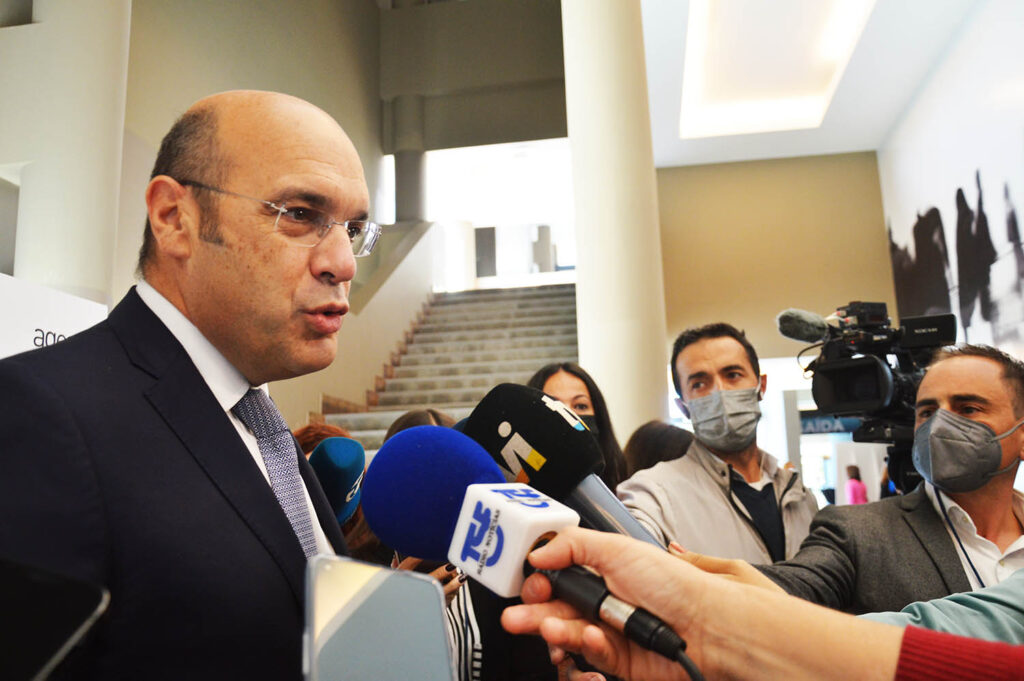
In their protest at the door of Congress, the union members of FESAHT, which includes the Union of Workers of the Algarve Hotel Industry, accused "the employers' associations", namely AHP, but also AHRESP, AIHSA and AHETA, of not wanting to "negotiate" the Collective Labor Agreement, maintaining workers' rights and offering decent wages».
Francisco Figueiredo, in his statements to journalists, even accused AHP of intending to "clean workers' rights", since, "of the 164 clauses that the Collective Bargaining Agreement has, AHP intends to reduce them to 22 and end with all rights: overtime work, work on public holidays, night work».
The union leader denounced that, in the sector, «working conditions are violent: in hotels, bosses change working hours every week and workers cannot have a family life, in restaurants, they extend the hours to 10, 12 and 14 hours a day, workers only have hours to enter, they have no hours to leave, and they have miserable wages».
The issue is that, in FESAHT's opinion, "what the bosses want is to import labor to continue paying miserable wages."
Responding to the accusations, AHP issued a statement in which it claims to be "always available to negotiate, so it is false that it refuses to do so, as FESAHT claims."
The Hotel Association of Portugal adds that "it is currently awaiting the appointment of a meeting with the mediator of the Ministry of Labour, where they will have to be considered if and how negotiations can continue".
Because, recalls AHP, between this employers association and FESAHT "there has been a Collective Labor Agreement since 1983, the last revision being in 2008".
"The review of this contract was started in 2012, however, after four years of attempts to approximate it, it was recognized that it was not possible to reach a consensus and the mechanism provided for in the law was used: mediation at DGERT, an entity of the Ministry of Work. There, too, the process has been running since 2016, having been interrupted during these last two years, due to the pandemic».
AHP argues that "the conclusion of a Collective Bargaining Agreement requires much more than revising the salary scales".
As a matter of fact, he stresses that “the salaries that are being practiced in the hotel industry are already higher than those fixed in the unions' tables. The conditions and terms for exercising the function are equally valued by workers and employers. That's what we want to reach: balance and enhancement of tourist professions».
Despite the difficulty in reconciling positions, the Economy Minister warned: "the economy is recovering well, it is creating jobs", but, "if we want to project ourselves as a country for the future, we need it not only to create jobs, but to create better job for everyone, if not people will leave».
Photos: Elisabete Rodrigues | Sul Informação
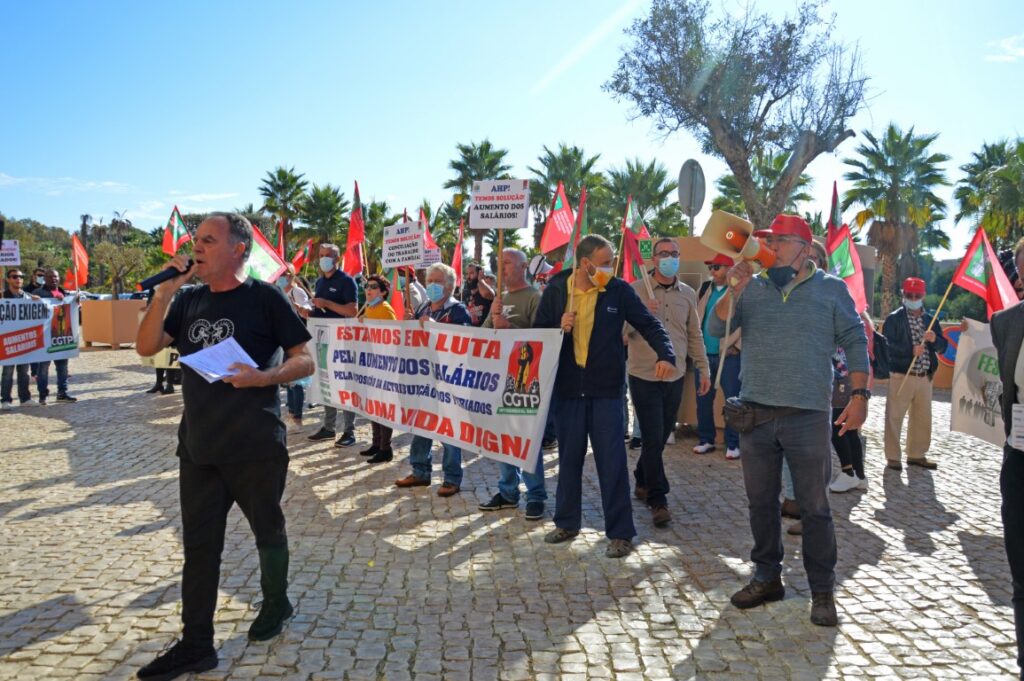
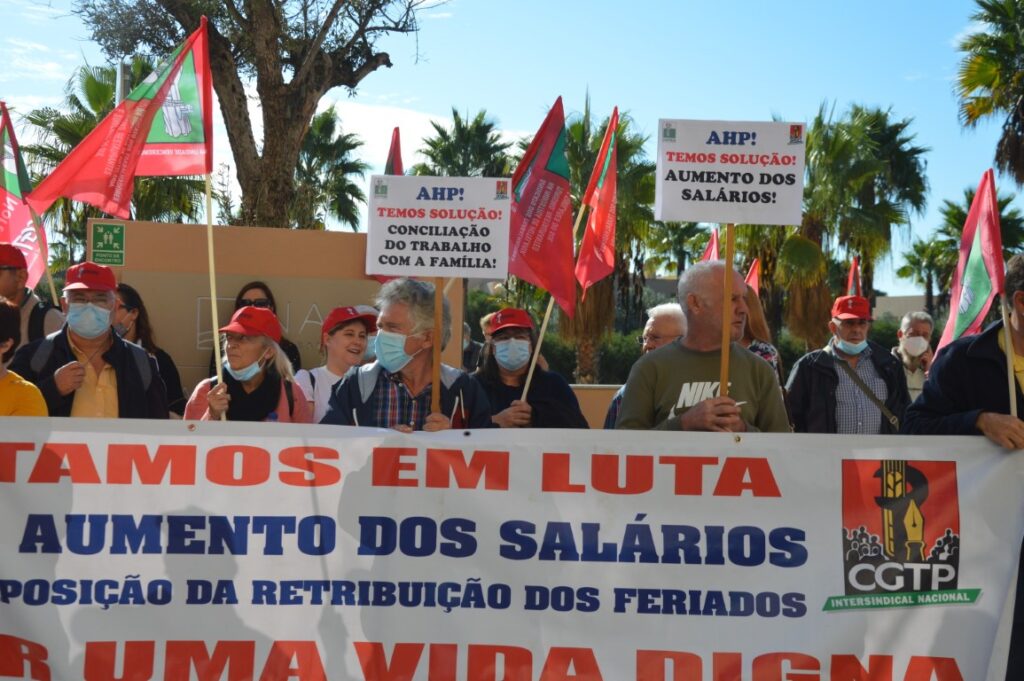
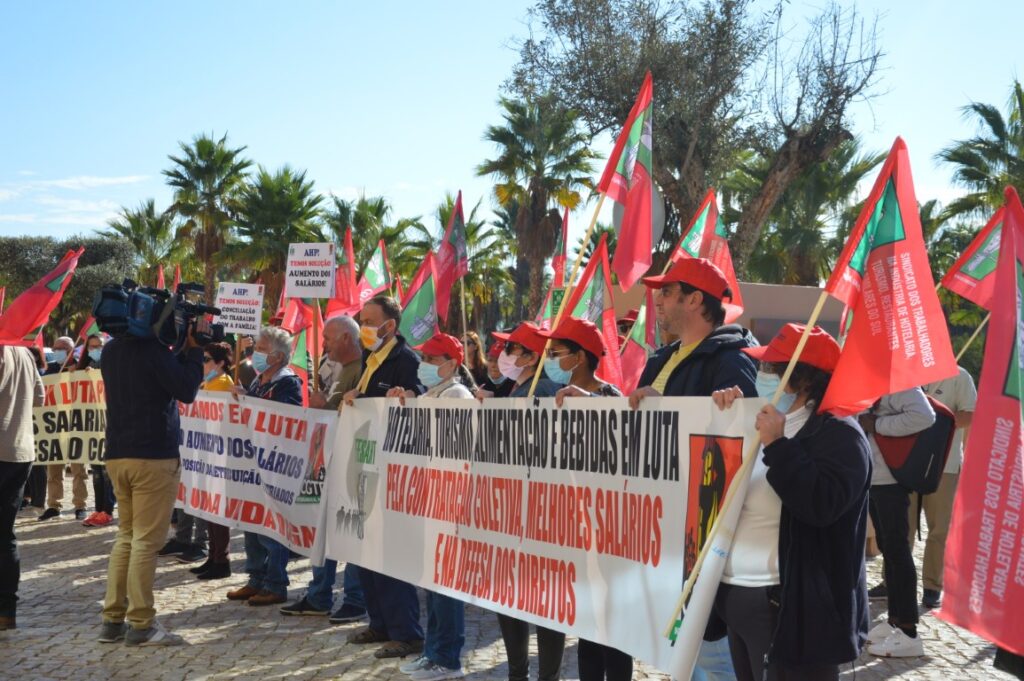
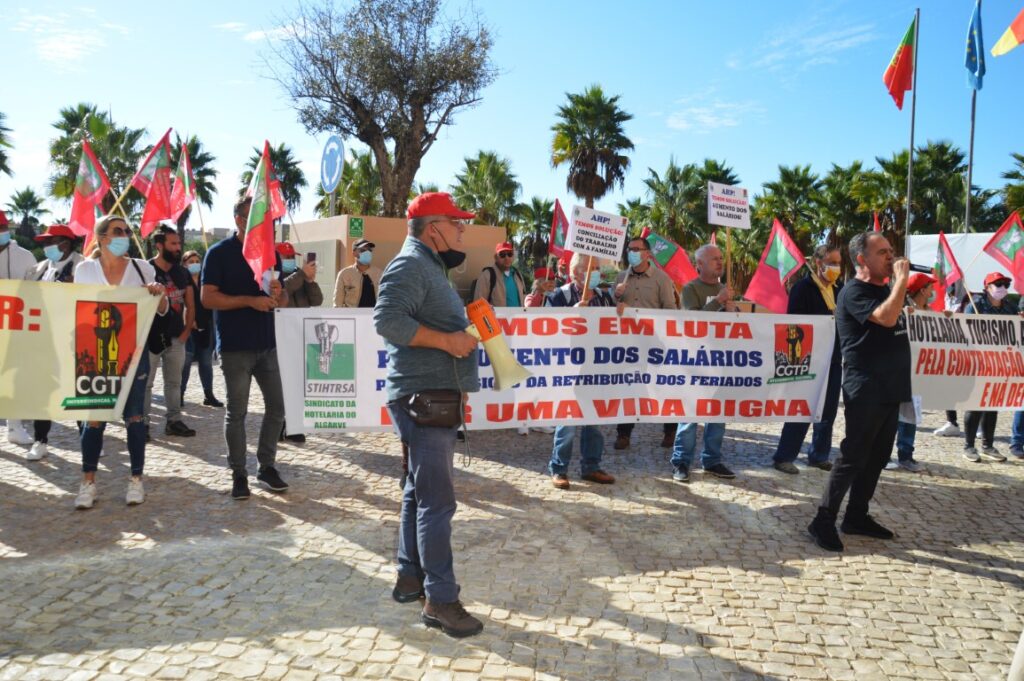
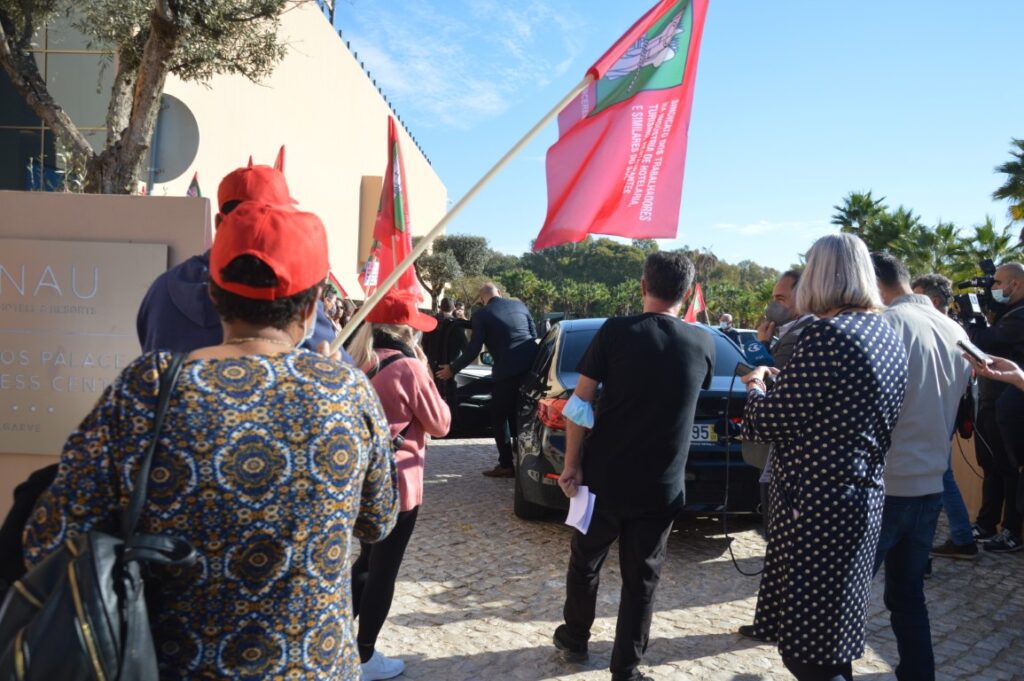



















Comments